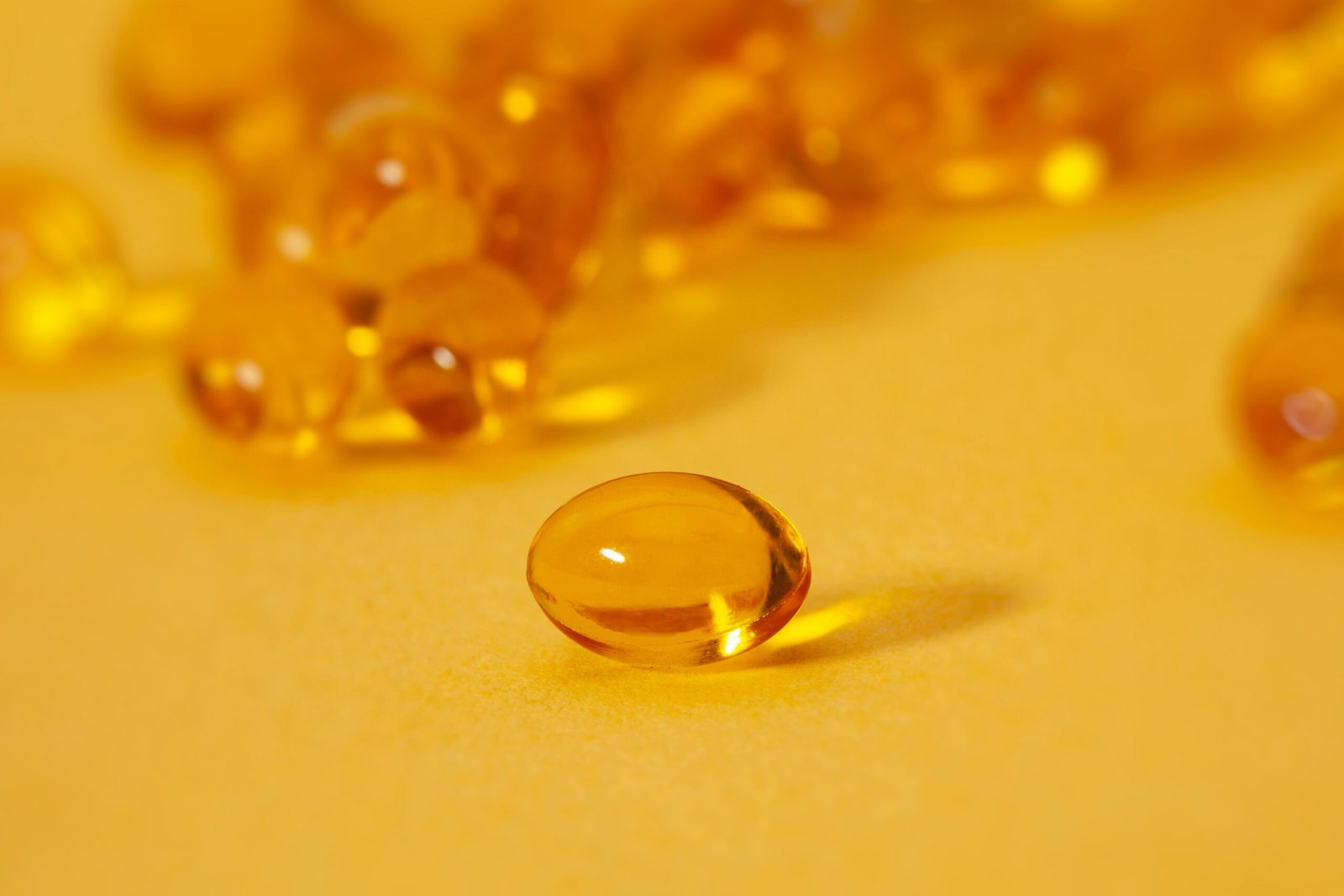Reishi Mushroom Extract – Ganoderma lucidum: A Guide to Uses and Scientific Evidence
What is Reishi Mushroom Extract?
Reishi Mushroom Extract is derived from the fruiting body of the Ganoderma lucidum mushroom, also known as Lingzhi or Reishi mushroom. It is a type of medicinal mushroom that has been used for centuries in traditional Chinese medicine for its health-promoting properties.
Uses of Reishi Mushroom Extract
Reishi Mushroom Extract is commonly used as a dietary supplement for various purposes, including:
- Supporting immune function
- Reducing inflammation
- Managing stress and promoting relaxation
- Supporting cardiovascular health
- Improving overall well-being
Scientific Support for Reishi Mushroom’s Uses
Reishi Mushroom Extract contains bioactive compounds, including polysaccharides, triterpenoids, and ganoderic acids, which contribute to its pharmacological effects. Research suggests that Reishi Mushroom Extract may modulate immune function by stimulating the activity of immune cells, enhancing the production of cytokines, and promoting anti-inflammatory responses.
Several studies have demonstrated the immunomodulatory effects of Reishi Mushroom Extract, including its ability to enhance natural killer (NK) cell activity, improve macrophage function, and regulate T cell responses. These effects may help support immune function and protect against infections and diseases.
In addition to its immune-modulating properties, Reishi Mushroom Extract exhibits anti-inflammatory effects by inhibiting the production of pro-inflammatory cytokines and reducing oxidative stress. These mechanisms contribute to its potential benefits in reducing inflammation and protecting against chronic inflammatory conditions.
Furthermore, Reishi Mushroom Extract has been studied for its adaptogenic properties, which may help manage stress and promote relaxation. Adaptogens are substances that help the body adapt to stressors and maintain homeostasis, and Reishi Mushroom Extract is believed to exert adaptogenic effects by regulating the hypothalamic-pituitary-adrenal (HPA) axis and modulating stress hormone levels.
Moreover, Reishi Mushroom Extract may support cardiovascular health by improving lipid profiles, reducing blood pressure, and protecting against oxidative damage. Studies have shown that Reishi Mushroom Extract supplementation may help lower cholesterol levels, improve blood vessel function, and reduce the risk of cardiovascular diseases.
Health Concerns
While Reishi Mushroom Extract is generally considered safe for most people when taken at recommended dosages, there are some potential health concerns to consider. Rare adverse effects may include gastrointestinal upset, dry mouth, dizziness, and allergic reactions in sensitive individuals.
Additionally, individuals with autoimmune diseases or those taking immunosuppressive medications should use Reishi Mushroom Extract with caution, as it may enhance immune function and potentially exacerbate autoimmune responses. It is important to consult with a healthcare professional before using Reishi Mushroom Extract supplements, especially for individuals with underlying health conditions or those taking medications.
Recommended Standardization or Dosage
Reishi Mushroom Extract supplements are available in various forms, including capsules, tablets, powders, and liquid extracts. The recommended dosage of Reishi Mushroom Extract supplementation depends on individual factors such as age, weight, and health status.
For general immune support and overall well-being, typical dosages of Reishi Mushroom Extract range from 500 mg to 2000 mg per day, standardized to contain 10-30% polysaccharides and 2-6% triterpenoids. Higher dosages may be recommended for specific health conditions or under the guidance of a healthcare professional.
References
- Jin X, Ruiz Beguerie J, Sze DM, Chan GC. Ganoderma lucidum (Reishi mushroom) for cancer treatment. *Cochrane Database Syst Rev*. 2016;4(4):CD007731. doi:10.1002/14651858.CD007731.pub3
- Bishop KS, Kao CH, Xu Y, Glucina MP, Paterson RR, Ferguson LR. From 2000 years of Ganoderma lucidum to recent developments in nutraceuticals. *Phytochemistry*. 2015;114:56-65. doi:10.1016/j.phytochem.2015.02.018
- Wachtel-Galor S, Tomlinson B, Benzie IF. Ganoderma lucidum (‘Lingzhi’); acute and short-term biomarker response to supplementation. *Int J Food Sci Nutr*. 2004;55(1):75-83. doi:10.1080/09637480310001636525
- Weng CJ, Chau CF, Hsieh YS, Yang SF, Yen GC. Lucidenic acid inhibits PMA-induced invasion of human hepatoma cells through inactivating MAPK/ERK signal transduction pathway and reducing binding activities of NF-kappaB and AP-1. *Carcinogenesis*. 2008;29(1):147-156. doi:10.1093/carcin/bgm256


